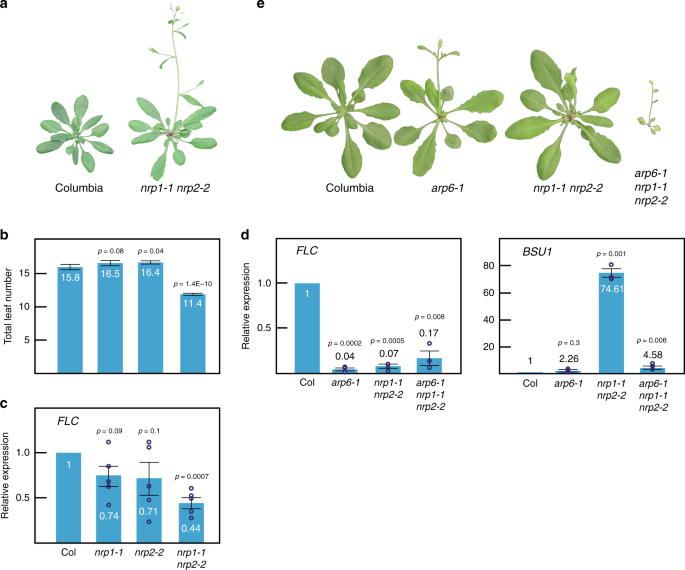
- Select a language for the TTS:
- UK English Female
- UK English Male
- US English Female
- US English Male
- Australian Female
- Australian Male
- Language selected: (auto detect) - EN
Play all audios:
Writer and activist Banu Mushtaq has taken the international literary world by storm. Her powerful short story collection ‘Heart Lamp’ (originally ‘Hridaya Deepa’ in Kannada) has clinched
the International Booker Prize 2025, marking a first for Kannada literature. Even more historic—Mushtaq becomes the first Kannada author ever to receive this globally respected literary
honour. Advertisement Joining her in this triumph is translator Deepa Bhasthi, whose English rendering of ‘Heart Lamp’ opened the door for the world to experience Mushtaq’s evocative
stories. Advertisement Bhasthi is now the first Indian translator to win the prestigious prize. As the news made waves, heartfelt congratulations poured in from all corners—especially from
political heavyweights. Congress President Mallikarjun Kharge took to social media, praising Mushtaq’s work not just for its literary brilliance but for its strong message of “harmony,
secularism, and fraternity.” He described ‘Heart Lamp’ as more than just a book—it’s a tribute to the quiet strength and resilience of women navigating a patriarchal society. > India is
extremely proud of Banu Mushtaq, who scripted history on > becoming the first Kannada writer to win the prestigious > International Booker prize for the short story anthology – Hridaya
> Deepa – ‘Heart Lamp’. > > Her remarkable achievement celebrates her literary genius and her… > pic.twitter.com/2z3lFUUFlD > > — Mallikarjun Kharge (@kharge) May 21,
2025 “Her women characters’ strength lies not in seeking public attention,” Kharge wrote, “but in their quiet persistence… and meaningful acts of defiance.” Rahul Gandhi, Leader of the
Opposition in the Lok Sabha, also shared his pride on X (formerly Twitter). ALSO READ: JANHVI KAPOOR’S FAIRYTALE MOMENT AT CANNES HAS FANS REMEMBERING SRIDEVI “Banu Mushtaq’s International
Booker win is a historic moment—for Kannada literature, and for India,” he wrote. “It’s a proud affirmation that stories from the margins, when told with sincerity, can move the world.” >
Banu Mushtaq’s International Booker win for ‘Hridaya Deepa’ or > ‘Heart Lamp’ is a historic moment—for Kannada literature, and > for India. It’s a proud affirmation that stories from
the margins, > when told with sincerity, can move the world. > > My heartfelt congratulations to Banu… pic.twitter.com/uFtxHGC4qS > > — Rahul Gandhi (@RahulGandhi) May 21,
2025 The sentiment was echoed by Karnataka Chief Minister Siddaramaiah, who called Banu Mushtaq the “pride of Kannada” and applauded her for elevating the language and culture on an
international platform. “She embodies the values of our land—harmony, secularism, and brotherhood,” he noted in his tribute. > Heartfelt congratulations to Kannada’s pride, author Banu
Mushtaq, > who has been awarded the International Booker Prize. This is a > moment of celebration for Kannada, Kannadigas, and Karnataka. > > Banu Mushtaq, who embodies and
writes with the true values of this > land, which is… pic.twitter.com/yKhxUNZ2ax > > — Siddaramaiah (@siddaramaiah) May 21, 2025 So what makes ‘Heart Lamp’ so special? According to
the Booker Prize website, the collection features 12 short stories, each offering a glimpse into the lives of women and girls in southern India. These aren’t tales of grand revolutions or
headline-worthy battles. Instead, they zoom in on everyday experiences—layered, emotional, and deeply human. Written over three decades, from 1990 to 2023, the stories chart the slow but
powerful transformation of female voices in patriarchal communities. It’s this subtle storytelling—intimate yet universal—that has captured the world’s attention. Mushtaq’s win isn’t just a
literary victory—it’s cultural recognition. It brings Kannada, one of India’s oldest and richest languages, into global literary conversations. And it signals to aspiring regional writers
that their voices, too, can resonate worldwide. Meanwhile, Deepa Bhasthi’s role cannot be overstated. Translators often remain invisible despite being the bridge between cultures. But
Bhasthi’s elegant, faithful translation has ensured that the heart and soul of Mushtaq’s stories reached a broader audience—without losing the rhythm of their roots. Advertisement









